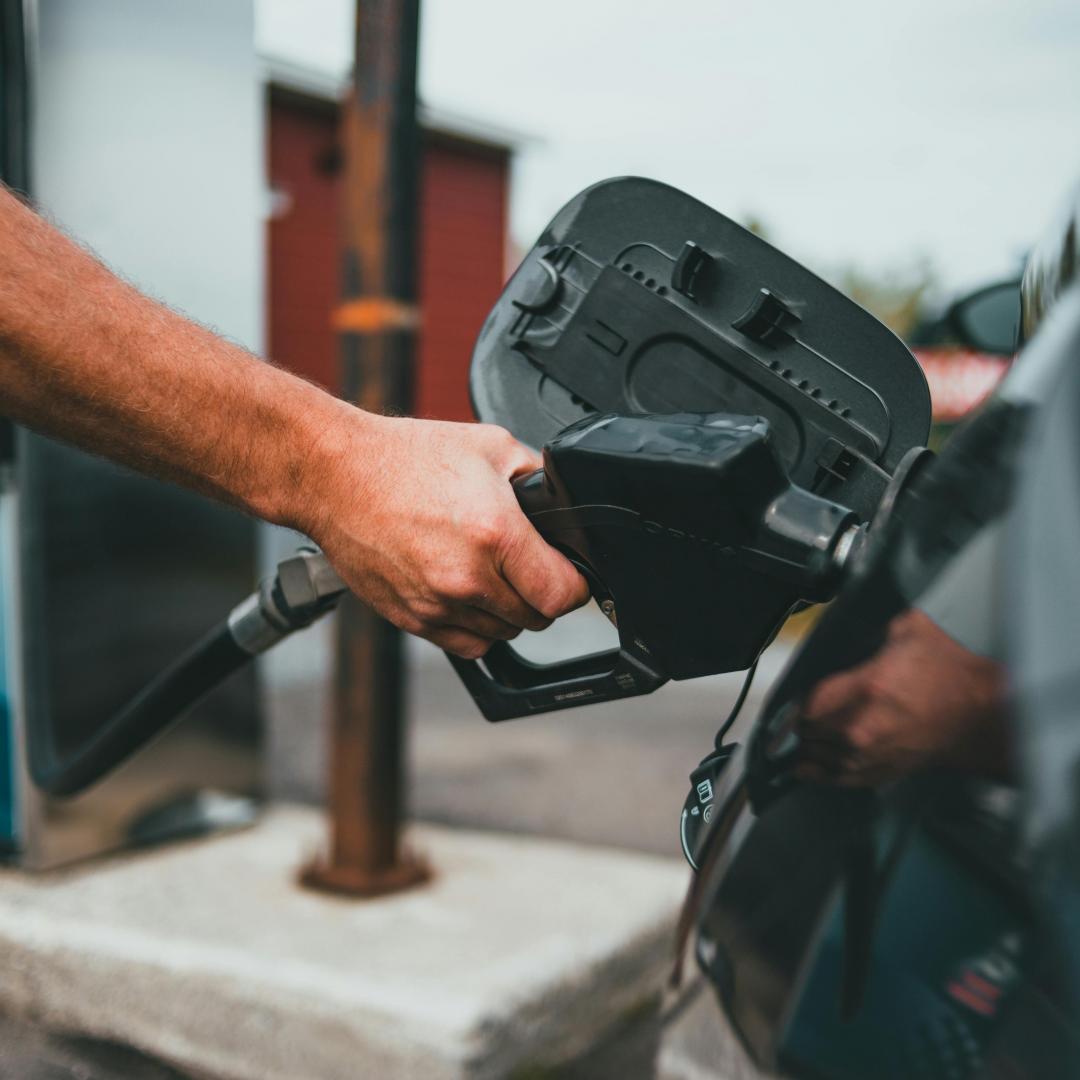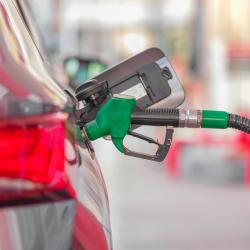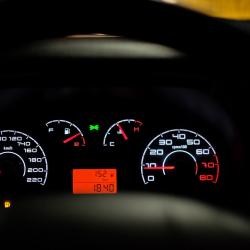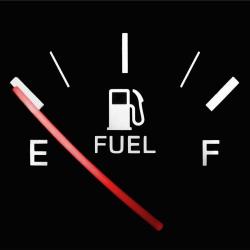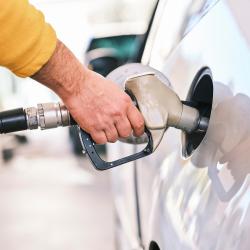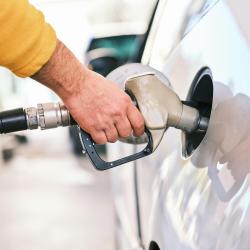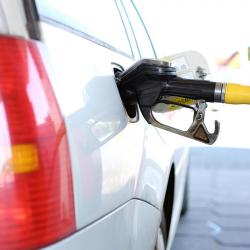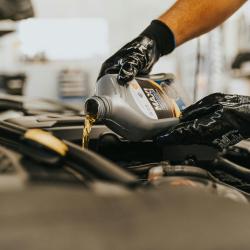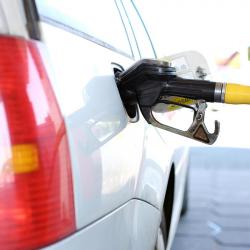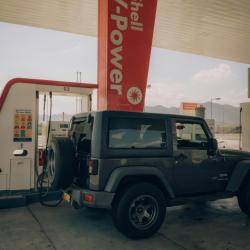The Best Driving Habits for Better Gas Mileage
Adopting efficient driving habits can be a simple yet powerful way to save money and reduce your carbon footprint. Improving gas mileage not only lessens your trips to the pump, but also contributes to a more sustainable driving experience. Here are some practical driving habits you can adopt to maximize your vehicle’s fuel efficiency.
1. Drive Smoothly
Aggressive driving—characterized by rapid acceleration, speeding, and abrupt braking—can significantly decrease your gas mileage. By maintaining a steady speed and anticipating the flow of traffic well in advance, you can avoid unnecessary stops and starts. This smooth driving technique helps preserve fuel and provides a more relaxed driving experience.
2. Reduce Excess Weight
Many drivers unknowingly carry around unnecessary weight in their vehicles, impacting fuel efficiency. It's important to declutter your car and remove heavy items that aren’t essential for your journey. While the effect on larger vehicles might be less noticeable, every pound counts when optimizing your fuel consumption.
3. Avoid Excessive Idling
Idling consumes more fuel than restarting the engine in many modern vehicles. If you anticipate being stationary for more than a minute—such as when waiting to pick someone up—consider turning off the engine to conserve fuel. This habit is both eco-friendly and economical.
4. Optimize Speed on Highways
Every vehicle has an optimal speed range for fuel efficiency, often found between 50 and 65 mph. Driving faster than this range increases aerodynamic drag and fuel consumption. Using cruise control on longer journeys can help maintain a steady speed, further enhancing fuel efficiency.
5. Keep Tires Properly Inflated
Under-inflated tires can create greater rolling resistance, forcing your engine to work harder. Regularly check your tire pressure and keep it at the manufacturer's recommended level. This small maintenance task can not only improve gas mileage but also increase the lifespan of your tires.
6. Use Air Conditioning Wisely
While air conditioning is a modern comfort, it places additional load on your engine. At lower speeds, consider rolling down the windows and using natural ventilation to keep cool. At highway speeds, however, it may be more aerodynamic and fuel-efficient to use the air conditioning rather than driving with the windows down.
7. Plan Efficient Routes
By planning your routes to avoid heavy traffic, construction, and other delays, you can save both time and fuel. Modern GPS apps often offer real-time traffic updates and suggest the quickest routes, allowing you to optimize your journey. Additionally, combining errands into a single trip can reduce the number of cold starts, which tend to consume more fuel.
8. Regular Maintenance
Keeping your vehicle in peak condition can enhance fuel economy. Regular oil changes, air filter replacements, and engine tune-ups ensure your vehicle runs efficiently. A well-maintained engine creates less friction, which can contribute to better gas mileage.
Conclusion
Adopting these sensible driving habits can make a noticeable difference in your fuel consumption and monthly expenses. Beyond the financial benefits, developing efficient driving practices also contributes to reducing environmental impact by lowering your vehicle's carbon emissions. So next time you hit the road, remember that a little conscientious driving goes a long way toward ensuring a sustainable future.
